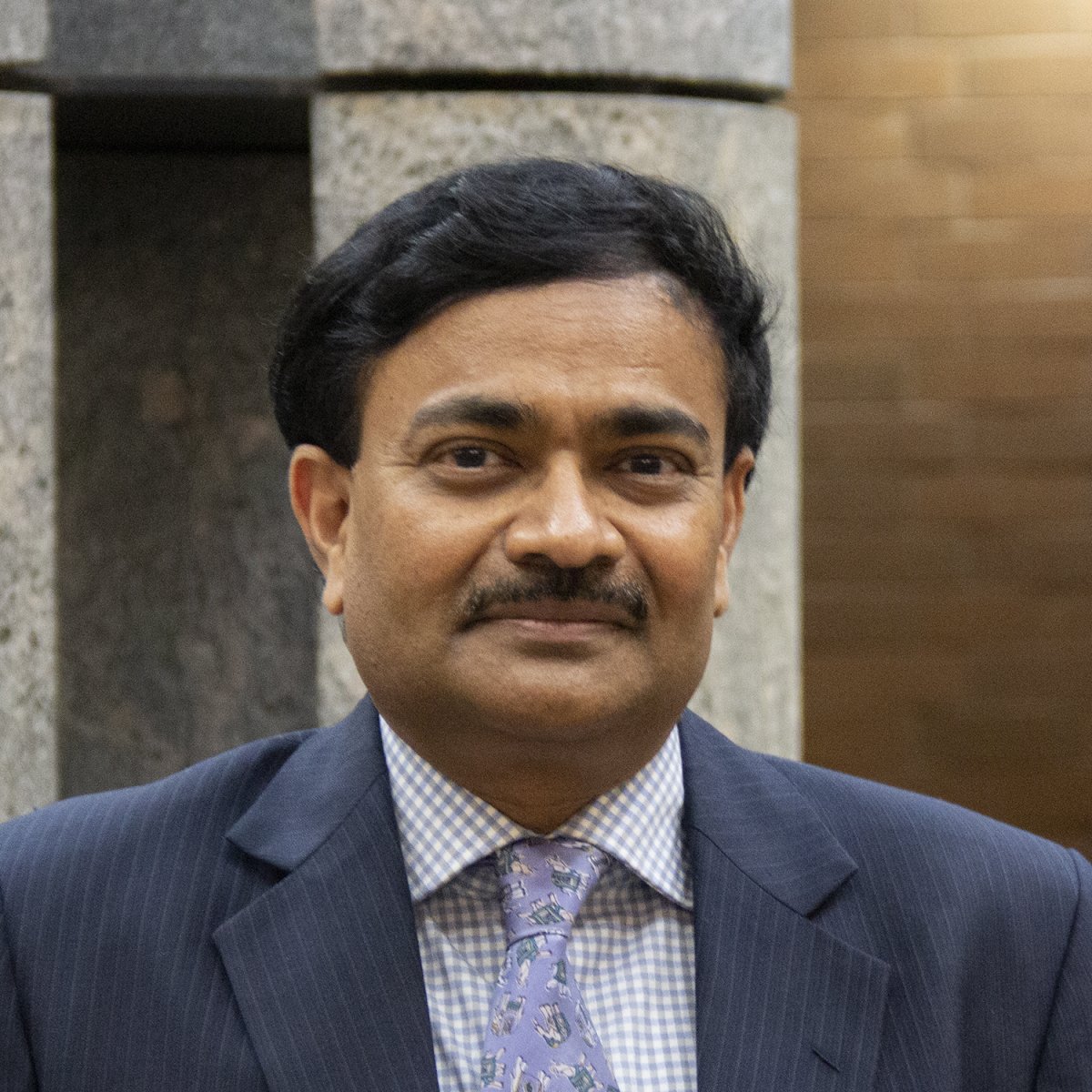Sustainable Travel through Smart and Engaged Communities
ABSTRACT
Advances in information, communication, and sensor technologies are providing communities the potential to collect quantitative and qualitative data and translate them to actionable information and targeted solution mechanisms. Synergistic advances are also illustrating the transformative roles of autonomy, connectivity and electrification. In the transportation context, these advances are also leading to the organic emergence of fundamentally new service modes such as micromobility and transportation network companies. However, the nature of these advances and how they are deployed in communities are typically organic, thereby lacking the deliberate, system-level perspectives to solutions that could enable societal benefits to be realized at their highest potential for the various stakeholder levels of a community. This talk will discuss ongoing work related to developing a systematic framework and associated innovative methods and models to provide formal pathways for communities to achieve their sustainable travel goals. Solutions to achieve sustainability objectives related to enhancing travel mobility, safety, equity, and access will be discussed using the City of Peachtree Corners (GA) as an immersive living lab.
SPEAKER
Prof. Srinivas Peeta is the Frederick R. Dickerson Chair and Professor in the School of Civil and Environmental Engineering and the H. Milton Stewart School of Industrial and Systems Engineering at Georgia Institute of Technology (Georgia Tech). He is also Principal Research Faculty at the Georgia Tech Research Institute. Prior to that, up to 2018, he was the Jack and Kay Hockema Professor in Civil Engineering at Purdue University and the Director of the NEXTRANS Center, formerly the U.S. Department of Transportation’s (USDOT’s) Federal Region 5 University Transportation Center (2006-2018). He was also the Associate Director of USDOT’s Center for Connected and Automated Transportation (2016-2018). He served as Chair (2007-2013) of the Committee on Transportation Network Modeling of the Transportation Research Board (TRB) of the U.S. National Academies. He serves or has served on multiple TRB committees. He is also a member of International Federation of Automatic Control Technical Committee on Transportation Systems. He serves as associate/area editor for two journals (Transportation Research Part B: Methodological and Networks and Spatial Economics) and is on the editorial advisory boards of several journals. He has authored over 400 peer-reviewed publications in journals and conference proceedings and received over $56 million in research funding. Some of his recognitions include the INFORMS Transportation Science Best Dissertation Award (1994), U.S. NSF CAREER award (1997), Purdue’s Seed for Success Award (2007-2013), TRB Blue Ribbon Committee Award (2013), ASCE Walter Huber research Prize (2009), UniSA Distinguished Researcher Award (2010), IIT-Madras Distinguished Alumnus Award (2019), and several paper awards from conferences (ASCE, IEEE, TRB) and journals. Several of his students have received best dissertation/thesis awards from professional organizations such as CUTC, IATBR and COTA. In 2016, he served as transportation expert on behalf of the U.S. Department of State in support of India’s Smart Cities mission. His research interests are multidisciplinary and broadly span transportation and infrastructure systems.
